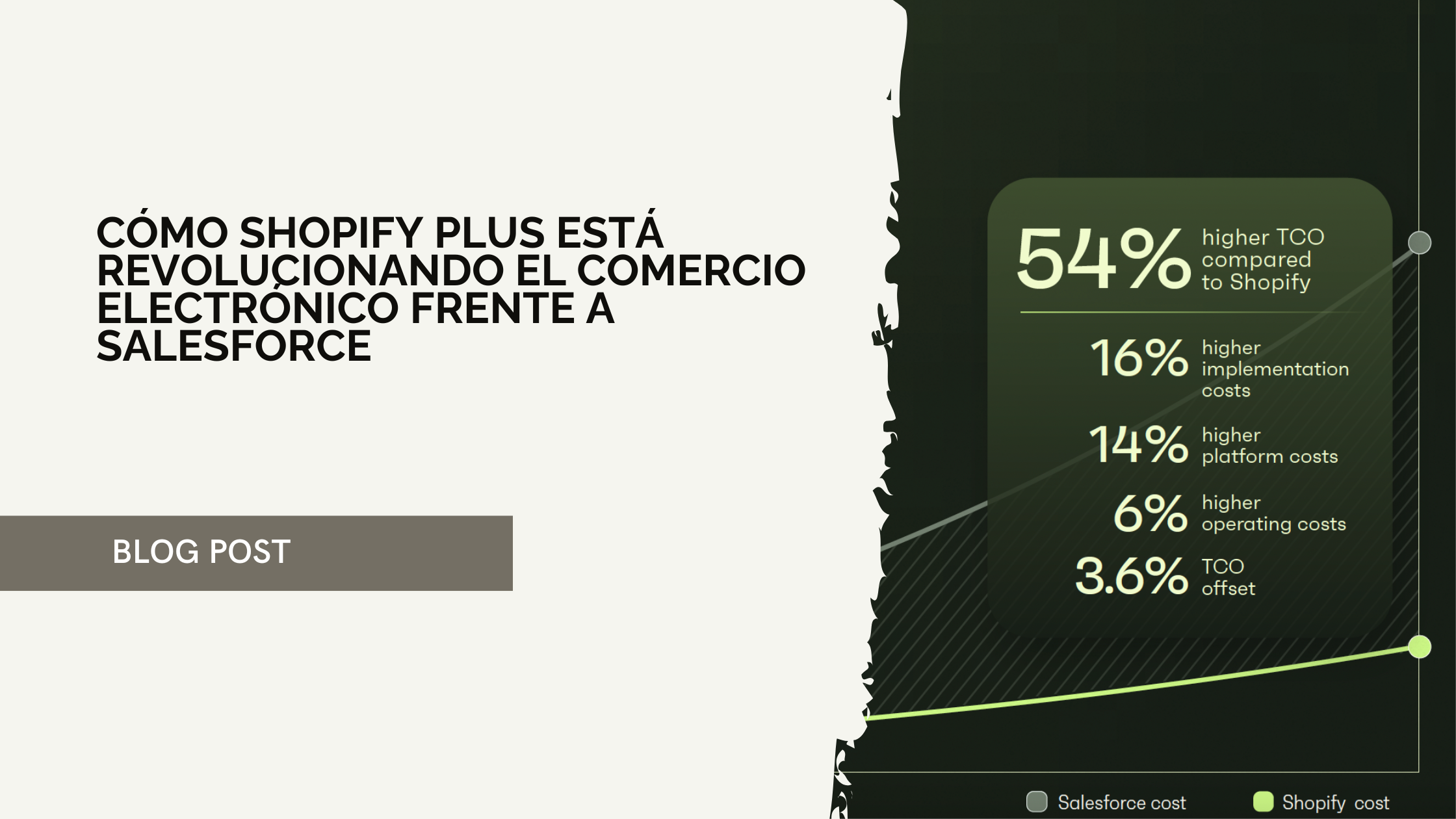ON-PAGE SEO: Points to improve in your ecommerce, to increase organic traffic.
On-page SEO is a technique for optimizing the internal factors of a web page to improve its positioning in search engines and obtain better results in said engines. On-page SEO involves making adjustments to the content, structure, and code of a page to make it more relevant and easier for search engines to understand.
For an ecommerce it is important because it helps improve the visibility of the online store in the search results offered by Google, causing organic traffic to your online store to increase and, therefore, sales to increase as well.
Below, we present some key points that should be taken into account to improve the on-page SEO of an ecommerce:
Keywords.
Researching and identifying relevant keywords for your online store is essential for any successful SEO strategy.
The correct choice and use of keywords means attracting more relevant traffic to your online store, improving the conversion rate and increasing your visibility in search engines. Therefore, it is very important that when you find them you remember to include them in the page title, description, headers, content and image tags.
Quality content.
The content on your website must be informative and relevant to your customers, it must also be attractive and structured correctly. Create unique, high-quality content for your product pages and be sure to include detailed descriptions, specifications, and customer reviews.
Website structure
The structure of your website should be easy for users and search engines to navigate. Use a clear and concise URL structure, create a sitemap, and make sure all pages of your online store are accessible from the home page. This will help search engines index your website correctly.
Header tags (H1, H2, H3).
Related to the previous point, highlight the use of header tags in the content to hierarchically organize the information and help search engines understand the structure of your page. It is important to introduce the main keyword in the main heading (H1) and describe the content of the page.
Friendly URLs.
Make sure your page URLs are clear, descriptive, and friendly to both search engines and users. Use relevant keywords in URLs where possible to help your store rank.
![]()
Website speed.
The loading time of your website is an important factor in improving user experience and on-page SEO. Make sure you optimize images and videos to reduce loading time, use a fast hosting platform, and minimize the number of plugins and scripts on your website.

Image optimization.
Make sure that the images used in your ecommerce are of an appropriate size and are optimized for the web. Use ALT attributes in image tags to describe image content and use descriptive file names with relevant keywords.
Internal links.
Use internal links in your ecommerce to direct users to relevant and related pages within your online store. This also helps search engines understand the structure of your website and index content more effectively, positively affecting your ranking.
Mobile friendly.
Make sure your website is mobile-friendly and offers an optimal user experience on mobile devices. This is important as Google prioritizes indexing mobile-friendly websites.
Conclusion:
In summary, on-page SEO is important for any ecommerce that wants to improve its visibility in search engines. By focusing on and improving the aforementioned points, you will be able to improve your positioning in search engines and attract relevant traffic to your website. Spend time improving your on-page SEO and stay alert to changes in search engine algorithms to keep your strategy up to date and in line with the latest trends.
At Webmefy we know how important it is to establish a good SEO strategy and have this channel well optimized. If you want us to analyze and improve the SEO of your online store, contact us. Talk later?




